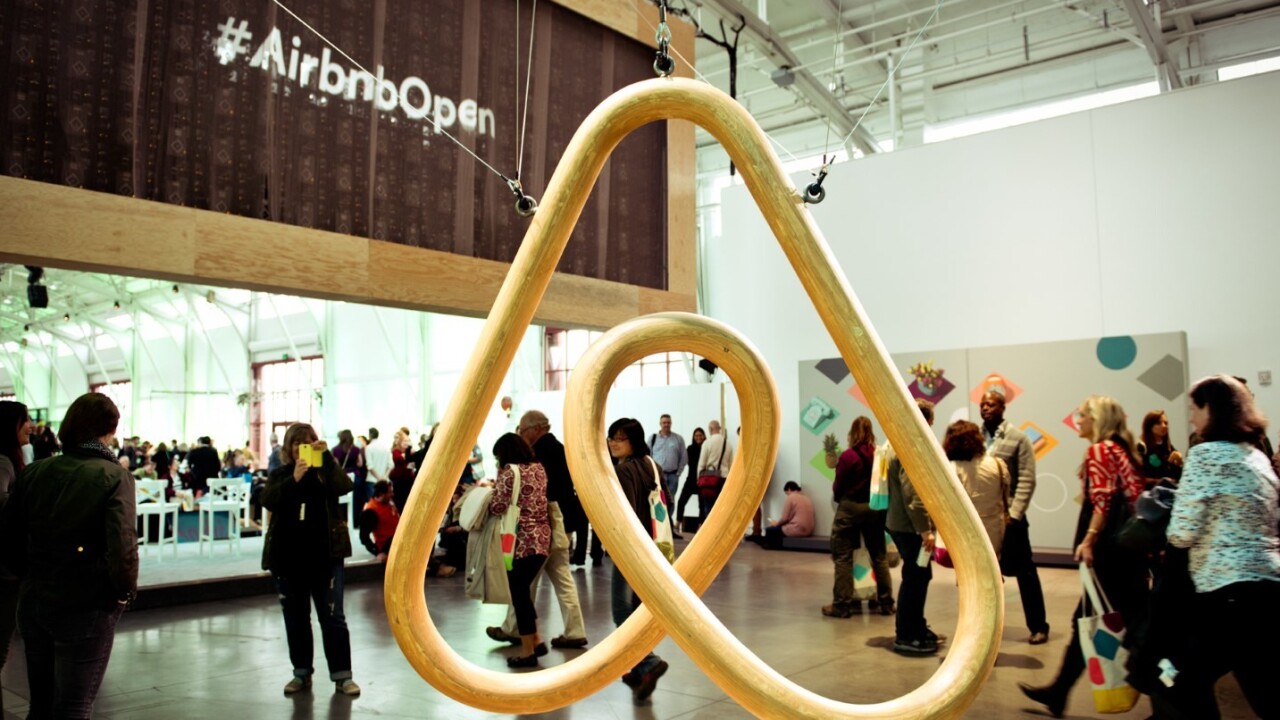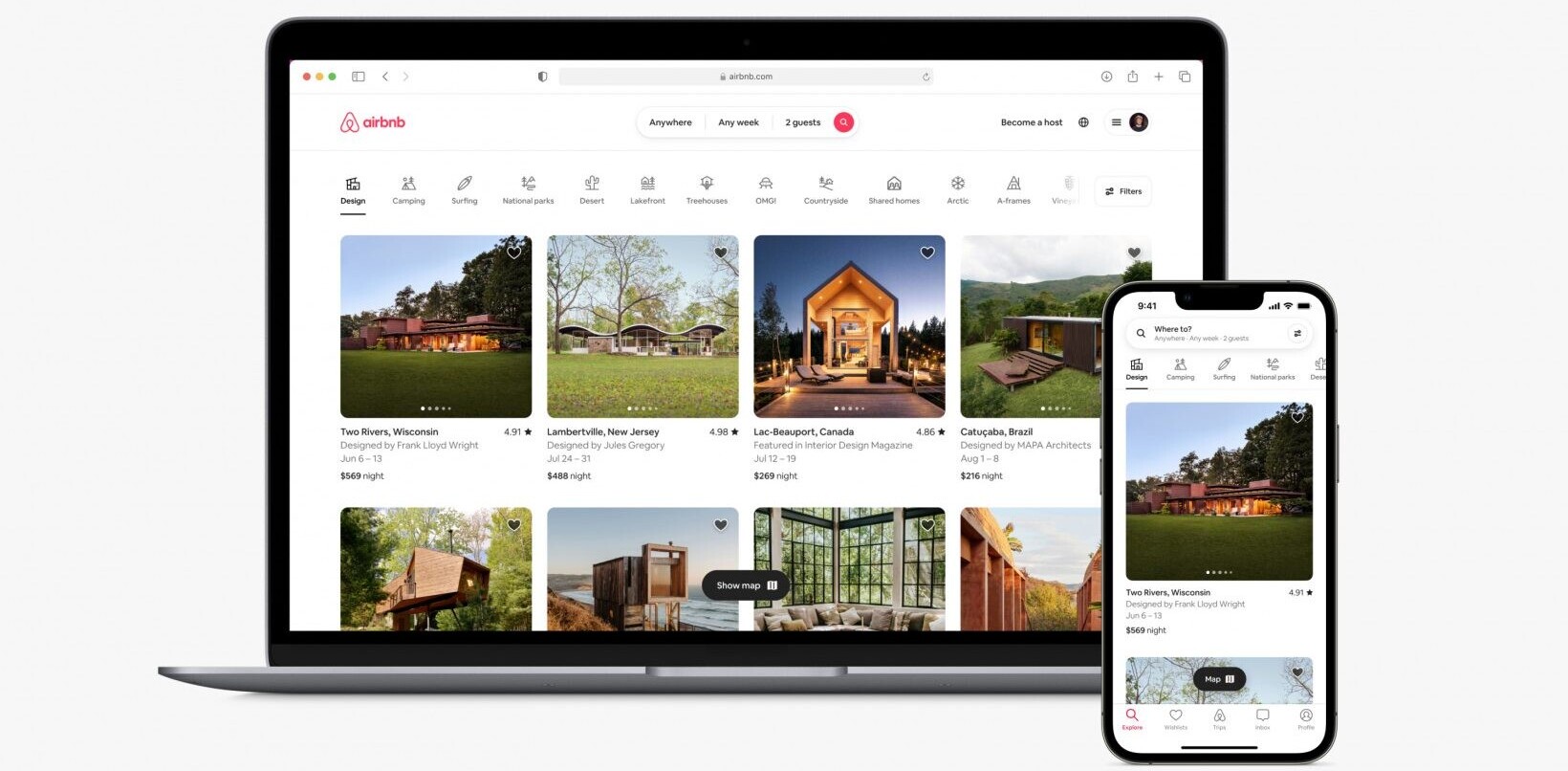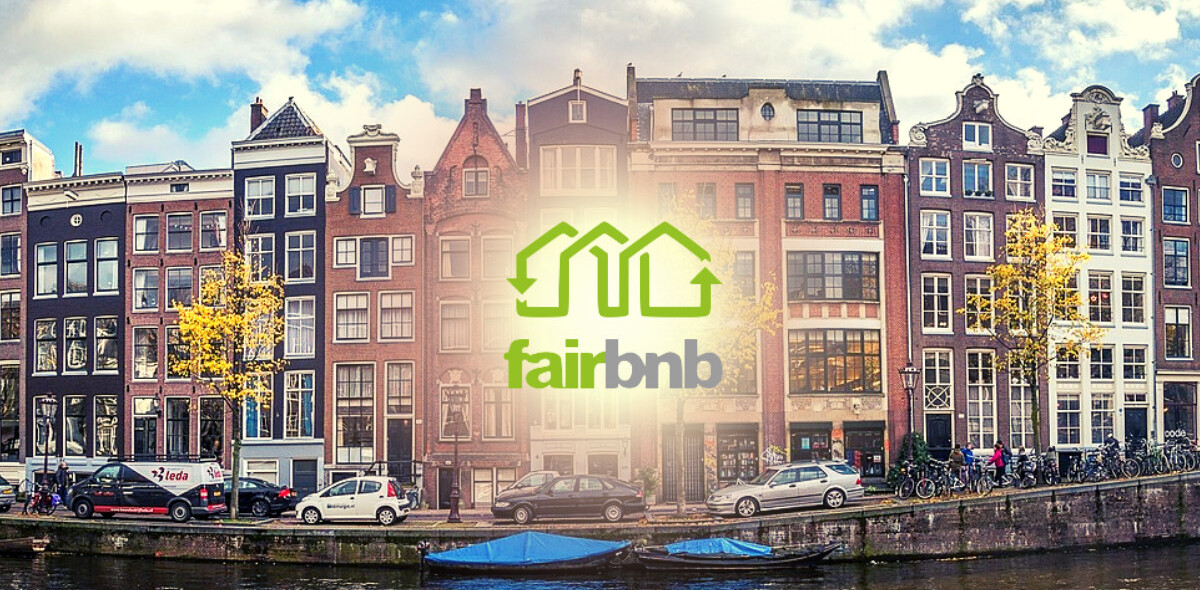
As part of a previous agreement to introduce transparency into its practices, Airbnb released the first of its regional ‘Compact’ reports yesterday — this one specifically covering the home sharing landscape in New York City.
The data itself provides an interesting look into how Airbnb sees itself as, generally, a paragon for the community. In more than one instance, the company describes its platform as an ‘economic lifeline’ for the hosts it serves. It also reiterates that it is dedicated to working with people who live in ‘permanent homes,’ who use Airbnb to support their livelihood.
Here are some choice stats from the report:
- 95% of home hosts have only one listing.
- 99% of all entire home properties listed on the platform are shared by hosts with one or two listings (95% share one listing, 4% share two listings).
- 90% of hosts have indicated in a survey that the property they list is their permanent home.
- The median supplemental homesharing income for an Airbnb host in New York City is $5,110.
- Just under 36,000 listings in New York City are currently listed on the platform.
- The vast majority of listings are shared only occasionally. The median number of nights booked per listing in the past year is 42, with 84% of listings shared less than 120 days per year and 78% of listings shared for less than 90 days per year.
Plenty of this data speaks directly to allaying the fears of citizens and city regulators who are concerned that Airbnb’s platform harbors landlord who would rather make a profit from their units as temporary stays for travelers. Or, perhaps a bigger threat: more ambitious folks who want to use the platform as a loose hotel network.
The ‘Permanent Home’
In New York City, the battle has gotten particularly ugly. Airbnb, for its part, has framed its report in a way to make it more palatable for citizens and regulators. But it also patently and deliberately sidesteps data that could land it in hot water. In this case, it’s what Airbnb doesn’t say that invites the elephant into the room.

First and foremost, Airbnb touts that 90 percent of hosts list their ‘permanent home’ on the platform. That wording is deliberately vague — the report doesn’t define it at all, and there’s no indication from the data whether Airbnb means permanent home owners, renters, or a combination of the two.
When pressed multiple times by TNW, the company finally said that the classification only broadly identified hosts who self-reported that they list their permanent residence on Airbnb.
That statistic includes, but does not further delineate, a particularly sticky subset of Airbnb hosts: renters. Aside from the obvious issue whether renters are accurately obtaining permission from their landlords to list the property in the first place, many of them also run afoul of New York State’s Multiple Dwelling Law. In essence, certain New York State residents (often those living in apartment buildings) must be present if they have a person staying in their homes for less than 30 days.
Gothamist was able to take a look at the granular specifics of the data — which is only available in-person, by appointment, in New York City. The blog found that 55 percent of New York City hosts rent out their entire apartments while they are gone, which is in most cases illegal by those laws.
Yet, Airbnb included them under this ‘permanent home’ designation — reframing the situation to help characterize hosts as innocent, entrepreneurial people and not criminals.
The Power of Hosts with Multiple Listings
The report also generally sidesteps strong allegations regarding hosts of multiple listings. Although Airbnb vehemently denies the impact of people who have three or more listings on the platform, the numbers tell a slightly different story, particularly in share of revenue.

According to the report, active and inactive hosts with three or more entire homes listed on Airbnb between November 2014 and November 2015 earned 24 percent of the overall revenue earned by hosts within the year. This is a deviation from a report by the New York State Attorney General’s Office [PDF], which indicated that ‘Commercial Users,’ or hosts with more than two units, earned 36 percent of revenue from January 2010 to June 2014.
In an email to TNW, the New York Attorney General’s office declined to comment on the matter.
However, it’s still a large number, especially when factoring in proportions: according to Airbnb’s own numbers, less than one percent of hosts on Airbnb accounted for 24 percent of total revenue for the year. Airbnb attempts to explain this in a line in its report:
Many hosts who share more than one listing operate short-term rentals that are available for a minimum of 30 days. Eight percent of entire home listings (roughly 1,600) in New York can only be rented for 30 days or more. Others include a hotel that provides travelers with a unique, local experience and utilizes the Airbnb platform.
But those numbers aren’t broken down further, publicly. There is no data set to account for the exact percentage of hosts with multiple listings who specialize in longer term versus short term rentals. From these numbers, it’s hard to either identify or finally dispel the illegal hotel boogeyman.
Waiting for Action
Finally, the company makes projections and promises within the report to continue to work with regulators and shift more revenue towards ‘permanent home’ hosts, but the report does little in terms of material action. For one, the company projects that active hosts who list more than two units will see their revenue share reduct to just 6 percent, but it doesn’t indicate how.
It also doesn’t show any actionable steps that it plans on taking to ensure the percentage of hosts who are still renting homes illegally finally hop onto the right side of the law.
Airbnb does provide some interesting data about how it operates in New York City and speaks with confidence about working in concert with the city (and likely other cities it operates in), but it’s likely that the information provided in this report doesn’t provide as much comfort or promise to opponents as the business intends.
For that, it may need to shine a little more light on its community, and itself.
➤ Data on the Airbnb Community in NYC [Airbnb]
Get the TNW newsletter
Get the most important tech news in your inbox each week.




